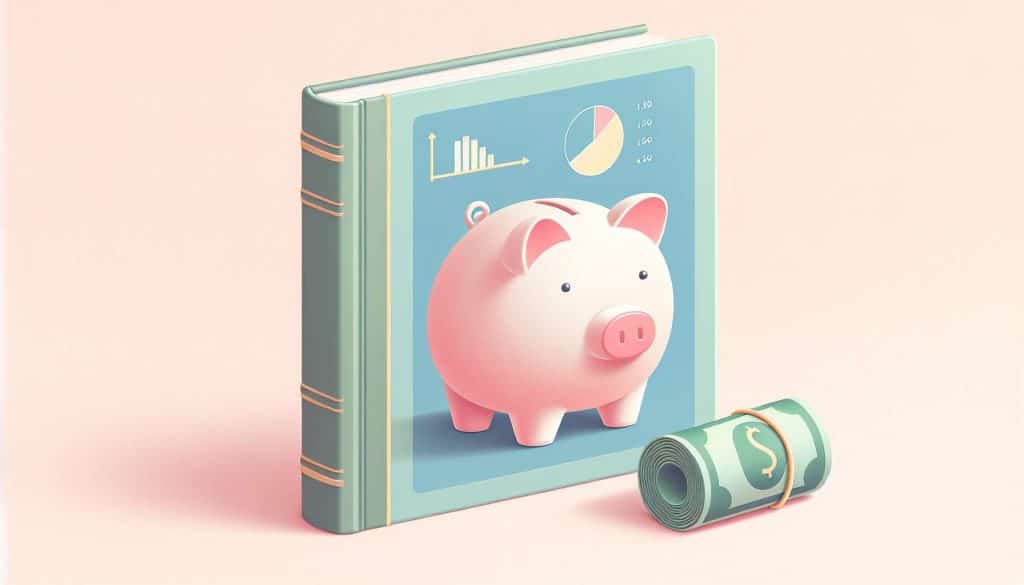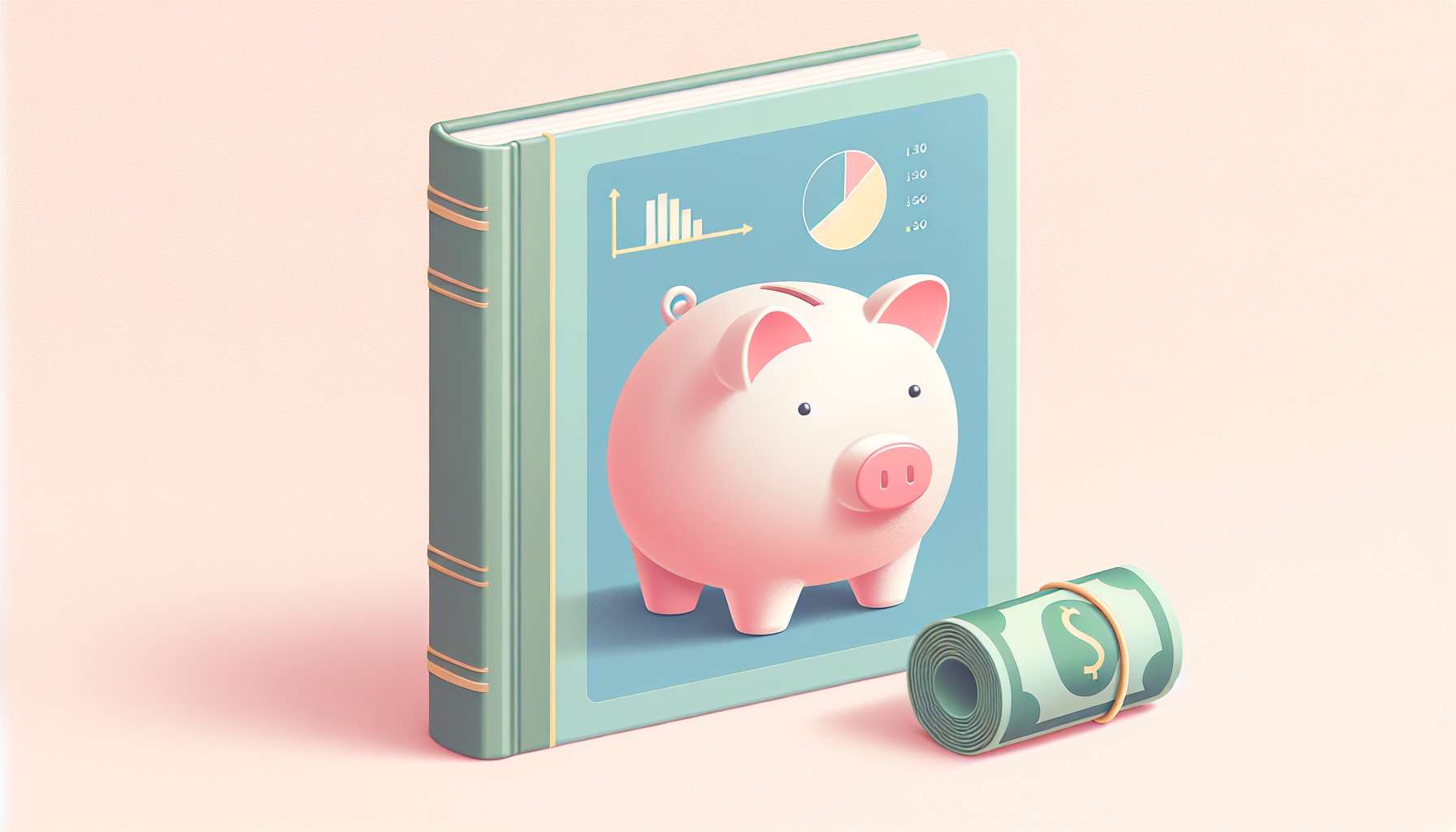Financial Freedom Guide: Personal Budgeting Tips for Success


In today’s unpredictable financial climate, mastering personal budgeting is a pivotal skill toward financial independence. Whether you’re managing monthly expenses or saving for a long-term goal, a personalized budget can be your strategic guide. This article will outline core principles of personal budgeting, offering you straightforward tips, valuable examples, and common pitfalls to avoid, empowering you to take charge of your financial journey effectively.
Anúncios
Understanding the essence of personal budgeting is crucial before diving into the “how-tos.” Think of a budget as a blueprint for your financial well-being. It elegantly balances your income against your expenditures while helping you prioritize and set achievable financial goals. Without a structured financial plan, you may find yourself in dire straits, unable to track spending, or save for goals, facing mounting debt. A well-drawn budget is not punitive but preventive and strategic.
Starting on your budgeting journey requires deliberate steps. The initial stride is to analyze your financial standing comprehensively. Document all income, such as salaries and secondary earnings, and categorize expenses into fixed (e.g., rent, insurance) and variable costs (e.g., meals, leisure). This clear snapshot lets you identify where your resources originate and where they are allocated—essentially unmasking your spending habits.
Overview of Personal Budgeting
The next phase in budgeting is articulating your financial aspirations. Goals serve as your compass, guiding the distribution of resources. Whether it’s a short-term goal like a small trip or substantial plans like retirement, clearly outlined objectives fuel motivation. Furthermore, they steer your financial commitments. The budgeting method you select should align with your lifestyle, offering a clear map to support reaching these objectives.
Popular budgeting methods include the 50/30/20 Rule, which allocates 50% of post-tax income to necessities, 30% to desires, and 20% to savings or debt. Zero-based budgeting insists every dollar serves a purpose, maintaining zero left at month’s end. Regardless of preference, the key lies in consistent execution and adjustment based on lifestyle changes or newfound priorities, ensuring fresh alignment with evolving needs.
Tracking expenses is an integral part of effective budgeting. Consider using financial apps like Mint or YNAB (You Need a Budget) to keep a vigilant eye on spending. Such tools offer insights that help correct budget deviations promptly. Further, budgeting requires perpetual review and optimization. Adjust figures prudently in response to income shifts or goal evolutions, maintaining alignment with your financial target path.
Characterizing Personal Budgeting
- Comprehensive Income and Expense Tracking
- Setting Clear and Realistic Financial Goals
- Choosing a Suitable Budgeting Method
- Consistent Expense Monitoring
- Regular Budget Adjustments for Optimization
The Benefits of Personal Budgeting
Personal budgeting offers a multitude of advantages that go beyond simple numerical management. One of the biggest benefits is stress reduction; with a clear understanding of your financial limits, money management becomes less daunting. It also fosters discipline as you learn to say no to unnecessary splurges and focus on long-term gains. Creating a budget is not just financially empowering; it instills a sense of confidence as you make informed financial decisions.
Monetary discipline through budgeting encourages reachable savings goals and investments, cultivating a robust financial future. Additionally, an emergency fund becomes feasible, providing financial safety and security. Savings become less of a dream and more of a practical result, reinforcing your financial safety net and future endeavors. The power of informed allocation grows as budgeting aligns your finances with your values.
Moreover, personal budgeting aids in debt management. Whether reducing existing debt or preventing new obligations, budget adherence ensures that debt remains manageable. Regularly revisiting your budget allows you to correct financial paths or explore new goals. Through consistent tracking and adaptiveness, budgeting strikes a balance between living in the present and preparing for what’s ahead, ensuring smarter money management in the long run.
- Reduced Financial Stress
- Enhanced Financial Discipline
- Accelerated Debt Management
- Consistent Savings and Investments
- Strengthened Financial Security
Mastering budgeting can feel like an intimidating undertaking, yet its rewards are significant. Begin by understanding your financial landscape and tailoring your budget to represent realistic aspirations. Track, adjust, and optimize consistently to foster financial maturity. Remember, the intention is not restriction but empowerment, making educated choices to fulfill financial objectives. With dedication, personal budgeting can transform your financial landscape, promising a secure and prosperous future.





